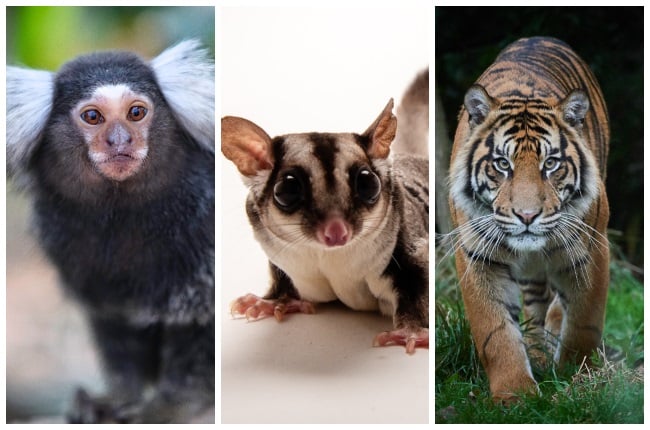Exotic pets have gained popularity in recent years, with individuals opting for unique and captivating companions outside of the realm of traditional cats and dogs. However, one common question arises when it comes to these fascinating creatures: Can exotic pets be trained? In this article, we will explore the potential for training exotic pets and shed light on the factors that influence their trainability.
Understanding Exotic PetsExotic pets encompass a wide range of animals, including reptiles, birds, amphibians, small mammals, and even some insects. Unlike domesticated animals, exotic pets often come from diverse natural habitats and possess distinctive behavioral patterns. This inherent wild nature can impact their ability to be trained compared to domesticated counterparts.
Factors Influencing Trainability Species and Natural BehaviorThe trainability of exotic pets varies greatly depending on their species and natural behavior. Some species, such as parrots, monkeys, and certain reptiles, have demonstrated impressive cognitive abilities and adaptability to training. On the other hand, certain animals, like large cats or primates, may possess strong instincts or complex social structures that make training difficult or even dangerous.
Individual PersonalityJust like humans and domesticated animals, exotic pets have unique personalities. While some individuals may display a higher aptitude for learning and obedience, others may be more independent or less responsive to training efforts. Understanding the specific temperament and characteristics of the exotic pet you wish to train is crucial in determining their trainability.
Early SocializationProper socialization from an early age is vital for exotic pets. When exposed to diverse stimuli, interactions, and positive experiences during their critical developmental periods, exotic pets are more likely to be adaptable and trainable. However, if an exotic pet is not properly socialized during this crucial phase, they may develop behavioral issues that can make training more challenging.
Training Techniques for Exotic Pets Positive ReinforcementPositive reinforcement is the most effective and humane training method for exotic pets. By rewarding desired behaviors with treats, praise, or playtime, you can motivate your pet to repeat those behaviors. Patience, consistency, and repetition are key when using positive reinforcement.
Clicker TrainingClicker training, which involves using a small device that makes a distinct sound, can be a useful tool for training exotic pets. The sound of the clicker is associated with a reward, helping the pet understand which behavior is desired. Clicker training works well with animals that can associate sounds with specific actions.
Professional AssistanceSeeking the guidance of a professional animal trainer or behaviorist experienced in working with exotic pets can greatly enhance your training efforts. These experts can provide valuable insights into species-specific training techniques and help you address any unique challenges that may arise.
ConclusionWhile the trainability of exotic pets varies depending on factors such as species, natural behavior, and individual personality, it is possible to train them using appropriate techniques and methods. Understanding the needs and characteristics of your exotic pet, providing early socialization, and utilizing positive reinforcement can significantly increase the likelihood of success. Remember, patience, consistency, and respect for the animal's natural instincts are essential when training exotic pets.




